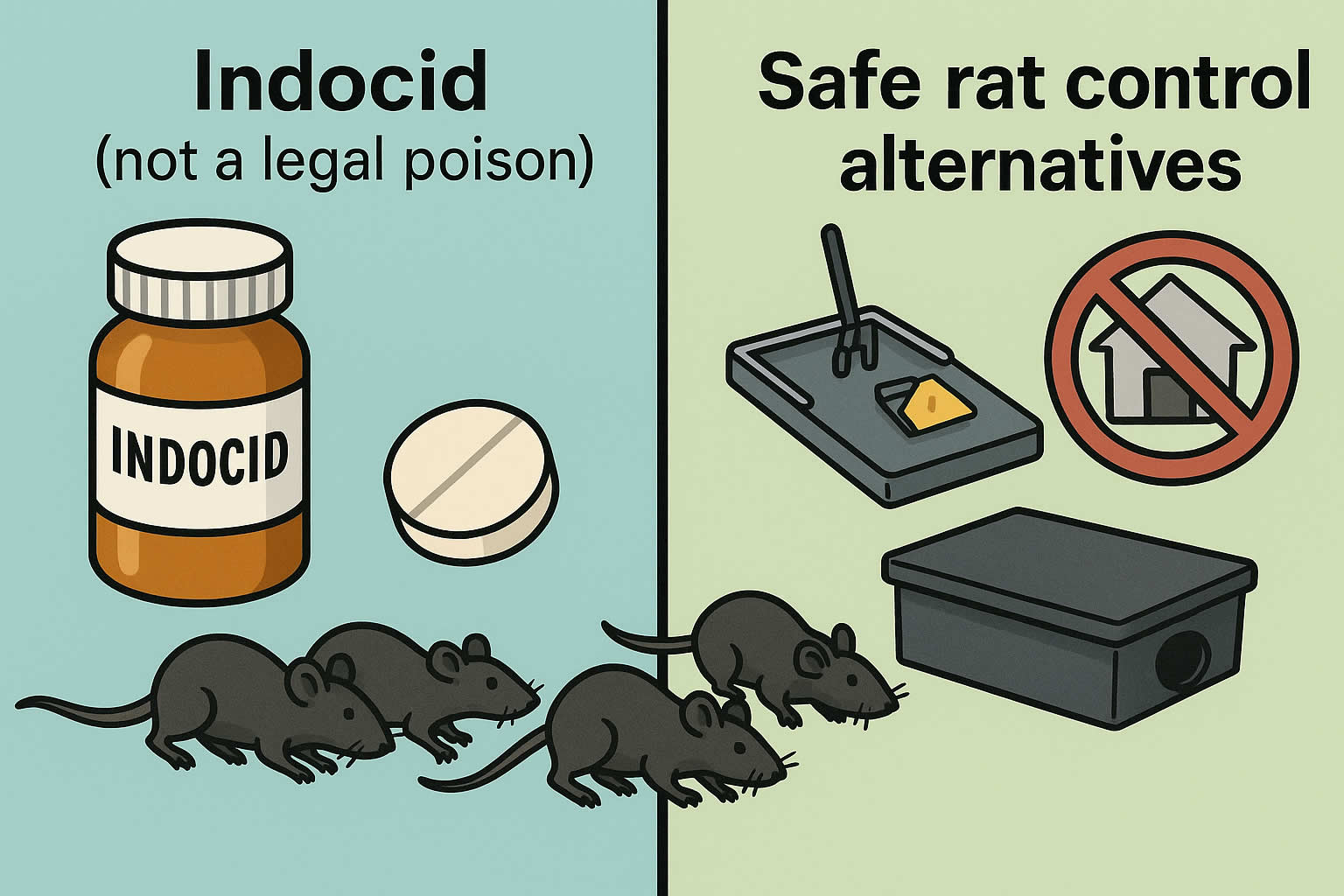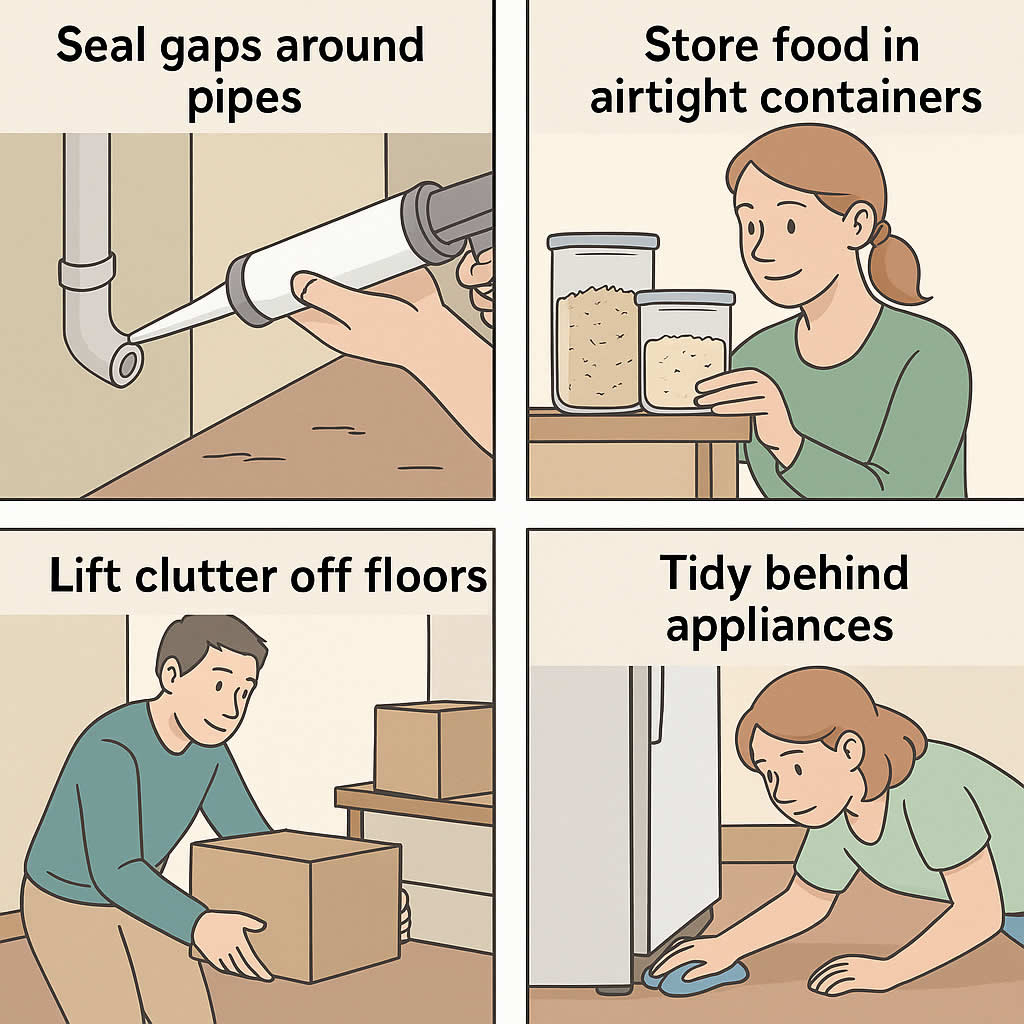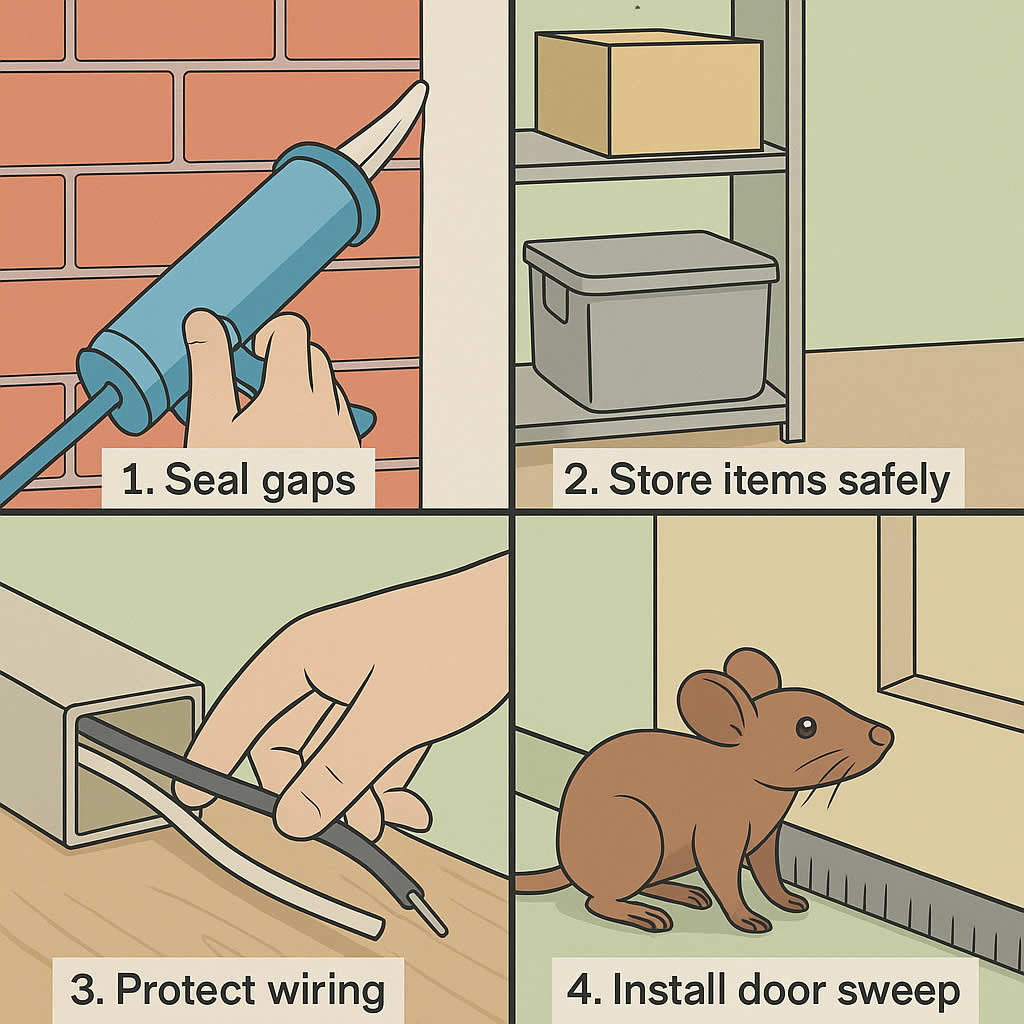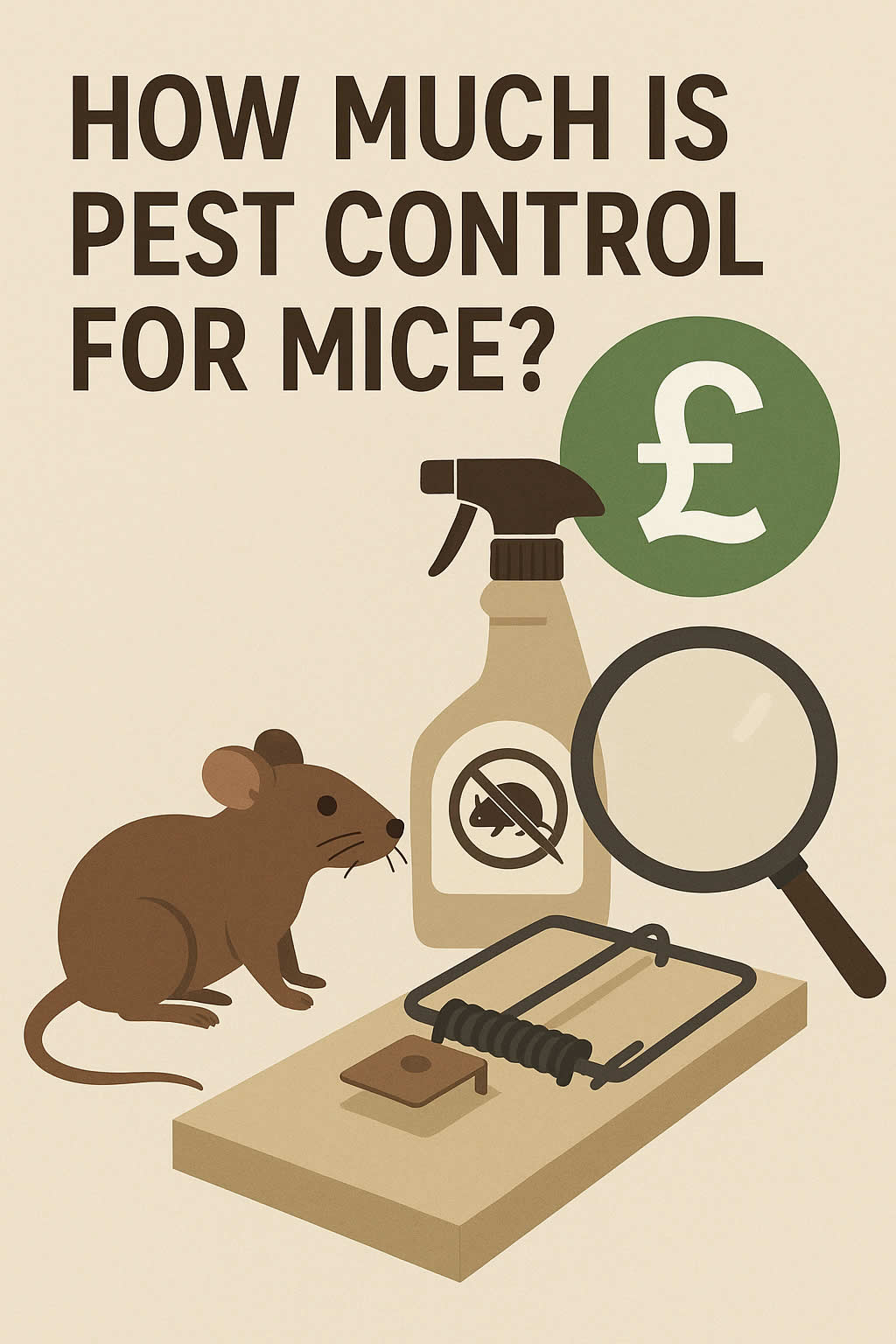Related Queries
ToggleRats have an uncanny ability to survive almost anything — poisons, traps, even floods. So, when people start searching for unconventional ways to deal with them, it’s not surprising that strange ideas surface. One question that’s popped up online recently is: Can Indocid kill rats?
Indocid, a brand name for indomethacin, is a powerful nonsteroidal anti-inflammatory drug (NSAID) designed for humans, not pests. Yet, several online sources and laboratory studies mention its toxic effects on rodents. That raises an intriguing question: could it really be lethal to rats, or is this just another internet myth?
Let’s explore the science, the risks, and the reality behind this claim — and find out what’s fact, fiction, and flat-out dangerous.
What Is Indocid (and How Is It Normally Used)?
Indocid is a prescription medicine used to reduce pain, inflammation, and swelling caused by arthritis, gout, or similar conditions. It belongs to a class of drugs known as NSAIDs — medicines that work by blocking the body’s production of prostaglandins, which trigger inflammation and pain.
In humans, Indocid is usually taken as a tablet, capsule, or suppository, prescribed under medical supervision. It’s powerful, effective, and carefully controlled — meaning it’s absolutely not intended for non-medical or off-label use.
However, laboratory researchers often study medicines like Indocid on rodents before human trials. During these studies, scientists discovered that high doses of indomethacin are toxic to rats, often causing internal bleeding, stomach ulcers, and organ damage. Over time, that information made its way into online discussions — and some people started asking whether Indocid could be used to kill rats intentionally.
Before jumping to conclusions, though, we need to understand how this drug actually affects rodent physiology — and why that doesn’t automatically make it a viable “rat poison.”
What Evidence Exists for Toxicity in Rodents?
There is some scientific evidence showing that indomethacin can be lethal to rats — but only under certain controlled conditions.
In toxicology studies, laboratory rats are often used to test the safety limits of medicines. These studies found that at high concentrations, indomethacin can cause:
- Severe gastrointestinal bleeding
- Perforated ulcers in the stomach and intestines
- Kidney and liver damage
- Dehydration and electrolyte imbalance
The LD50 value (the dose at which 50% of animals die) varies, but it’s much higher than what a human would take therapeutically. In simple terms, yes — it can kill rats, but only in doses far beyond any normal exposure.
In scientific terms, indomethacin’s toxicity comes from its ability to inhibit COX enzymes (cyclooxygenase-1 and -2). These enzymes protect the stomach lining and regulate kidney function. When they’re blocked too strongly, tissues erode, bleed, and eventually fail.
Still, these experiments were done under controlled laboratory conditions — not as a pest control method. Translating those findings into practical rodent extermination is a completely different story.
Mechanisms of Action: How Indocid Might Kill Rats
To understand how Indocid could harm a rat, it helps to know what it does inside the body.
When a rat consumes indomethacin, it quickly interferes with the body’s ability to protect its internal organs. The first damage usually occurs in the stomach lining, which becomes inflamed, ulcerated, and prone to bleeding. Within hours, internal haemorrhaging can start, leading to weakness, shock, and — in extreme cases — death.
Beyond that, Indocid disrupts normal kidney and liver function. These organs are crucial for detoxifying the blood, and when they fail, toxins build up rapidly. The rat may become dehydrated, lethargic, and disoriented before dying.
However, this isn’t a clean or humane process. Unlike regulated rodenticides that are engineered for quick effectiveness, NSAID poisoning causes prolonged suffering. The rat experiences painful internal injuries rather than an immediate or targeted death. From an ethical and legal standpoint, that’s a serious issue.
Practical Considerations for Rodent Control
Even if Indocid can technically harm rats, using it as a rodent control method makes little sense. Here’s why:
- Dosage is unpredictable. – The amount needed to kill a rat varies by age, weight, and species. Too little, and the rat will survive. Too much, and it could endanger pets or wildlife.
- Delivery is inefficient. – Indocid doesn’t taste appealing to rats. Unlike professional rodenticides formulated with palatable bait, pills or crushed tablets don’t attract them easily.
- Environmental contamination. – If rats eat Indocid-laced material and then die in the open, scavengers like birds or cats can ingest the remains — risking secondary poisoning.
- Legal implications. – In the UK, it’s illegal to use prescription medicine as pest control. The Health and Safety Executive (HSE) regulates rodenticides under strict laws, and only approved substances can be used legally.
- Effectiveness vs ethics. – Indocid isn’t designed for pest control, and using it as such raises animal welfare concerns. It causes internal suffering rather than quick results.
Simply put, while it’s theoretically toxic, Indocid fails on every practical level as a rodenticide.
If your goal is to get rid of rats effectively, there are safer, faster, and lawful options — from bait stations and ultrasonic repellents to professional IPM (Integrated Pest Management) services. These solutions focus on prevention, exclusion, and humane elimination, not random chemical use.
Risks, Ethics, and Regulatory Issues
Let’s get one thing clear: using Indocid to kill rats is neither safe nor legal in the UK.
Here’s why it’s such a bad idea:
- Health risks: Indocid is a potent pharmaceutical that can cause serious harm to humans and animals if misused. Accidental ingestion by pets or children could be fatal.
- Environmental hazards: Improper disposal of medical drugs contaminates water and soil, harming wildlife.
- Legal penalties: Only authorised pest control chemicals are permitted for rodent extermination under UK law. Using unapproved substances breaches HSE and DEFRA regulations.
- Ethical concerns: Inflicting prolonged internal bleeding on any animal is considered inhumane. Professional pest control always prioritises fast, targeted methods that minimise suffering.
Even if your intention is to “experiment” or control rats on your property, crossing legal or ethical lines can have serious consequences.
Responsible pest management doesn’t just eliminate rodents — it does so safely, humanely, and sustainably.
Summary of Findings: Can Indocid Realistically Kill Rats?
After reviewing the science, the answer is technically yes — but practically, no.
In laboratory environments, high doses of indomethacin (Indocid) can cause internal bleeding, organ damage, and death in rats. However, those conditions are controlled, monitored, and intended for medical research, not extermination.
In real-world settings, Indocid is unfit, unsafe, and unlawful as a rat poison. It’s unpredictable, cruel, and potentially dangerous to other animals and humans.
Instead of trying to “repurpose” human medication, the smart and responsible route is to use approved, humane pest control solutions — or better yet, to prevent infestations before they start.
FAQs
Is Indocid legal to use for rat control in the UK?
No. The use of human or veterinary medicine as a poison is illegal and breaches several UK regulations, including those governed by the Health and Safety Executive.
Would Indocid actually kill a rat?
In large enough doses, possibly — but it would take time and cause suffering. It’s neither humane nor practical.
Can Indocid be mixed with food to attract rats?
You could try, but it’s ineffective. Rats are smart and tend to avoid unfamiliar scents or tastes. Proper bait formulations are far more reliable.
What happens if a pet eats Indocid?
Even a single tablet can cause vomiting, kidney failure, or internal bleeding in dogs or cats. Immediate veterinary attention is vital.
What should I use instead?
Use approved rodenticides from reputable pest control suppliers or contact a certified professional. Many pest companies now use IPM (Integrated Pest Management) strategies that combine physical traps, food-source removal, and safe deterrents.
Our Final Say
Indocid might sound like a clever shortcut for killing rats, but it’s a dangerous misunderstanding. While indomethacin has proven toxic effects in laboratory rodents, that doesn’t translate into a practical or ethical pest control solution.
Using human medication on pests risks poisoning pets, harming wildlife, and breaking the law. More importantly, it causes unnecessary suffering — something no responsible homeowner or researcher should tolerate.
If you’re struggling with rats, stick to legal, humane, and scientifically approved methods. Whether it’s sealing entry points, using enclosed bait stations, or hiring a professional pest expert, there are far better — and safer — ways to get results.
Remember, pest control isn’t just about killing; it’s about understanding, managing, and preventing infestations intelligently. The smartest solution isn’t always the harshest one — it’s the one that works effectively, ethically, and safely every single time.













